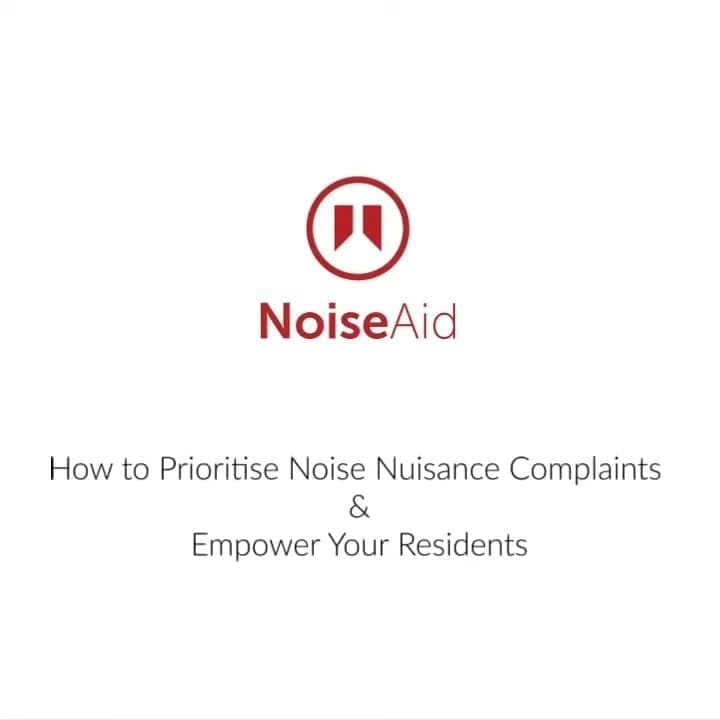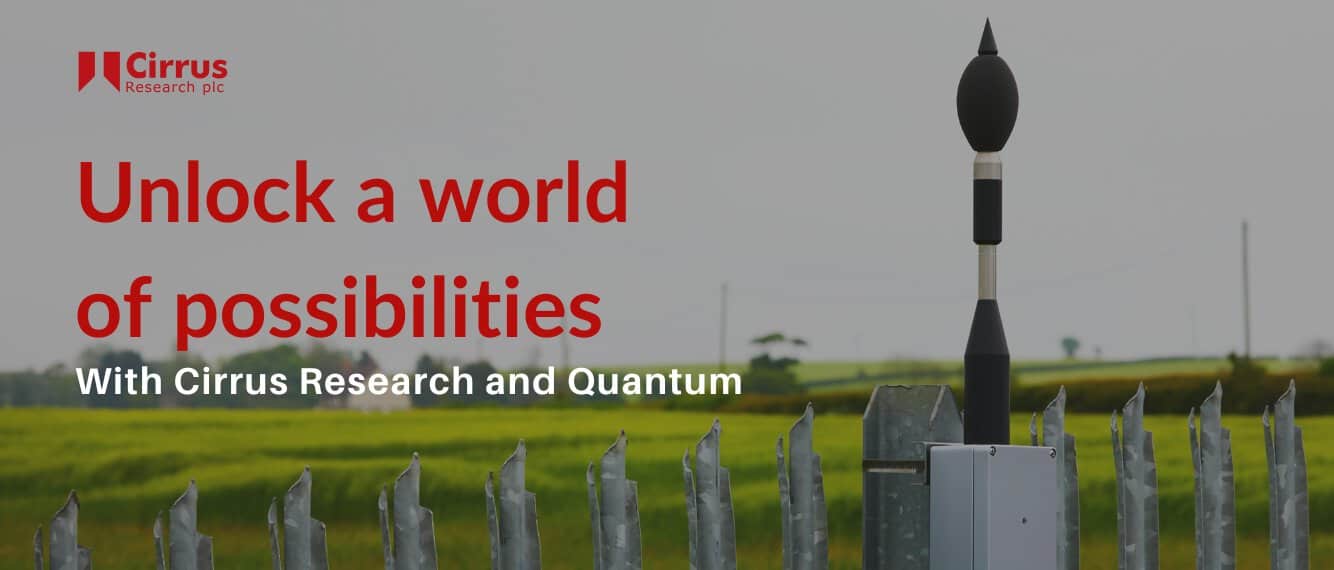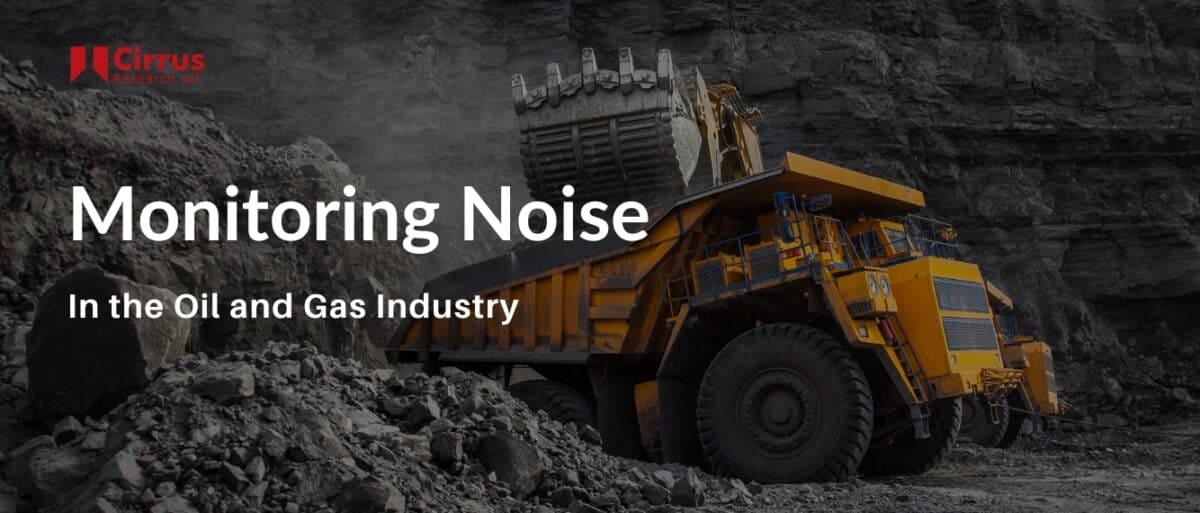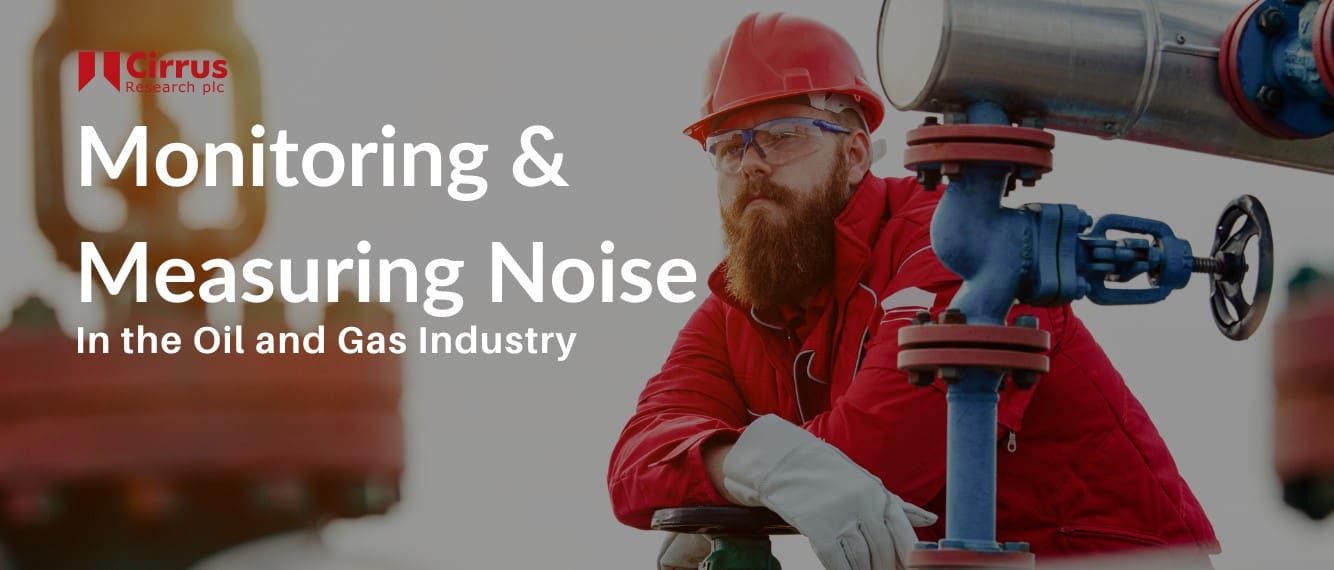We work with more 80 local authorities and housing associations from right across the UK, providing them with the tools they need to successfully investigate and resolve noise nuisance complaints. Using a combination of our NoiseAid web-based application and Trojan noise nuisance recorders, local authorities and housing associations have been able to properly manage high volumes of noise nuisance complaints, collecting the data they need in order to make decisions on what action they need to take.
How can NoiseAid help?
NoiseAid is a simple-to-use web-based application, that allows local authorities and housing associations to prioritise which noise nuisance complaints need further investigation, and empowers local residents to have some element of control in the investigation. But, instead of reading lots of text explaining how it can help, why not watch this helpful video we’ve put together?

NoiseAid is especially useful during this period of lockdown, as it reduces the need for members of your noise nuisance team to enter a resident’s property to conduct an initial investigation of the complaint. You can review the data that residents are logging, allowing you to determine if you need to investigate further by installing a Trojan noise nuisance recorder in their property. This will allow you additional time to plan how your investigating officers will enter the resident’s property safely and securely, during the Covid-19 lockdown.
Trojan: “it’s like having another member of the team”
The Trojan noise nuisance recorder is used right across the UK, by local authorities, housing associations and independent acoustic consultants. Using the power of Optimus sound level meter technology, it is able to monitor and record instances of noise nuisance from within complainants’ homes, allowing those who are investigating to get an insight into the nature of the nuisance noise. Here’s a quick overview of how it works:
Here to help you mitigate your financial burdens during this difficult time
As the UK Coronavirus lockdown continues, the number of noise complaints has risen across the UK, putting additional stresses and strains on local authorities and housing associations. Not only that, but the financial impact of Covid-19 cannot be understated, and it’s likely that you’ve found yourself with a much tighter budget, making it harder for you to get access to the equipment you need to properly resolve the higher number of complaints that require further investigation.
We understand that this is a difficult time for everyone, which is why we’ve extended our rental rebate scheme from three months, to six months. This means that if you decide to purchase a Trojan noise nuisance recorder within six months of hiring it, you’ll receive up to weeks’ worth of the hire cost back.
Noise nuisance recorders available to hire now
Hiring a Trojan is a more flexible way of accessing the equipment you need if you’re facing budgetary restrictions. You’ll only ever pay for the equipment you need, when you need it. Our rental terms are incredibly flexible, meaning if you need to extend the length of your hire period, subject to availability, we’ll be more than happy to help you out.
We have plenty of stock available for immediate dispatch, which means the amount of disruption to your operation will be limited.
Keeping your Trojan noise nuisance recorders clean and sterile
The need to keep equipment clean and sterile has never been more important, especially if you’re leaving it someone else’s property for a prolonged period! Here are our top tips for keeping your Trojan noise nuisance recorders clean:
- Use standard antibacterial wipes on the outer hard plastic case of the Trojan. If you’re using a Trojan2 and have removed the Optimus+ from the box to take handheld measurements, then you can use the same wipes on the plastic case of the sound level meter
- Only use isopropyl wipes on the microphone preamplifier barrels and microphone capsules – the applies to the microphone and preamplifier at the end of the extension cable and on the Optimus+ sound level meter
- Try to use separate wipes for each instrument, throwing away used wipes as soon as you can
- Wherever possible, wear suitable gloves when handling any equipment, making sure to dispose of them after they’ve been used



